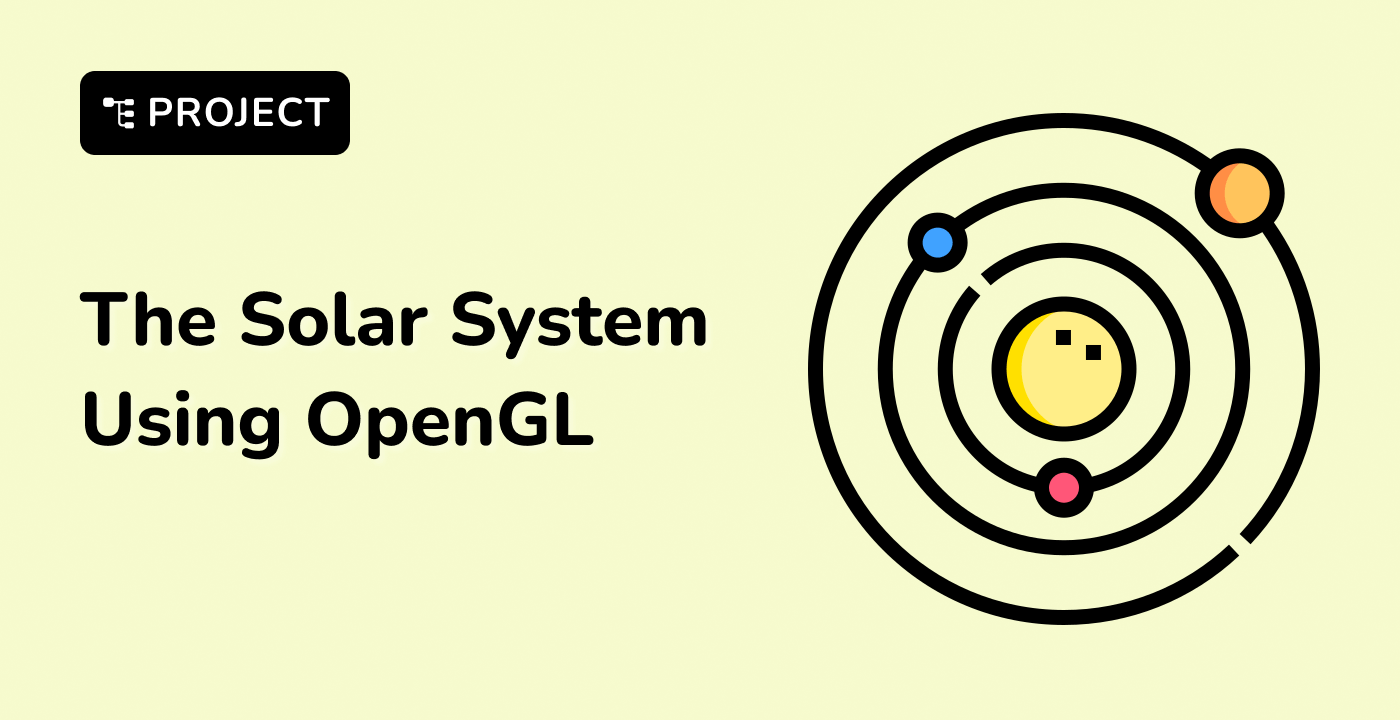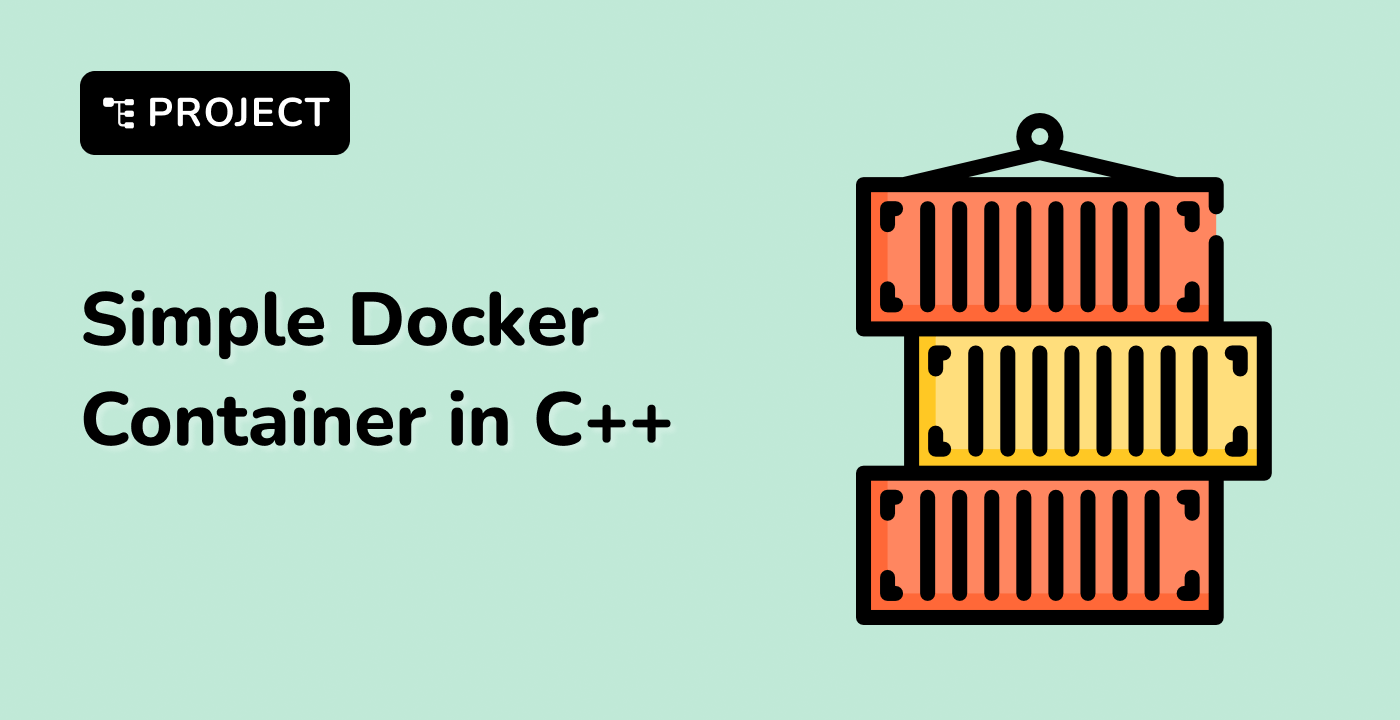Introduction
In this lab, we will implement the concept of polymorphism in C++. Polymorphism is a concept of Object Oriented Programming where a single function can be used in different ways. There are two types of polymorphism: compile-time polymorphism or static polymorphism and runtime polymorphism or dynamic polymorphism. In this lab, we will focus on runtime or dynamic polymorphism.



